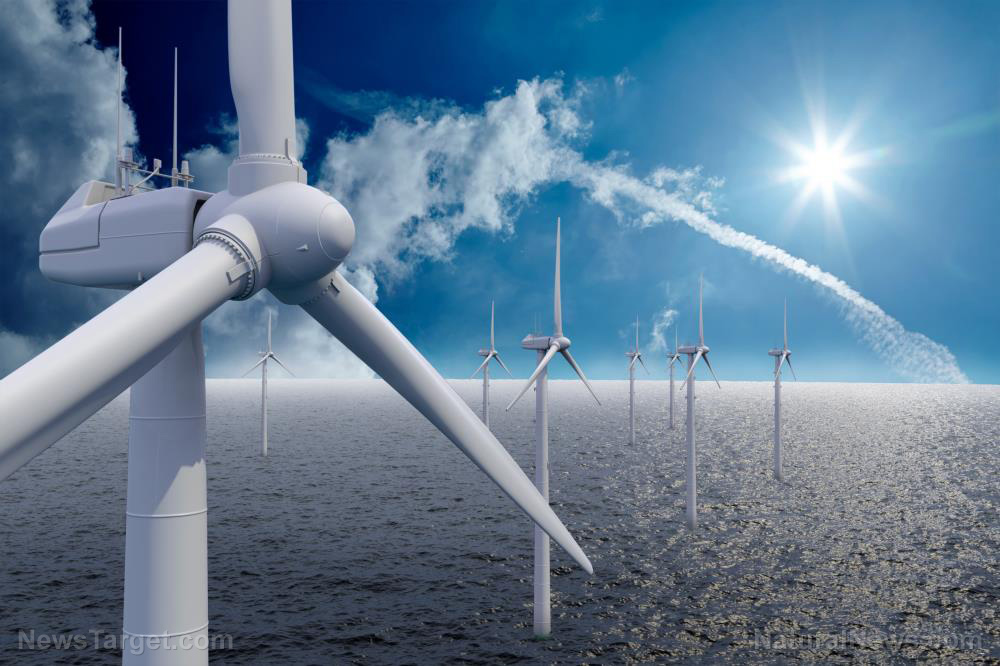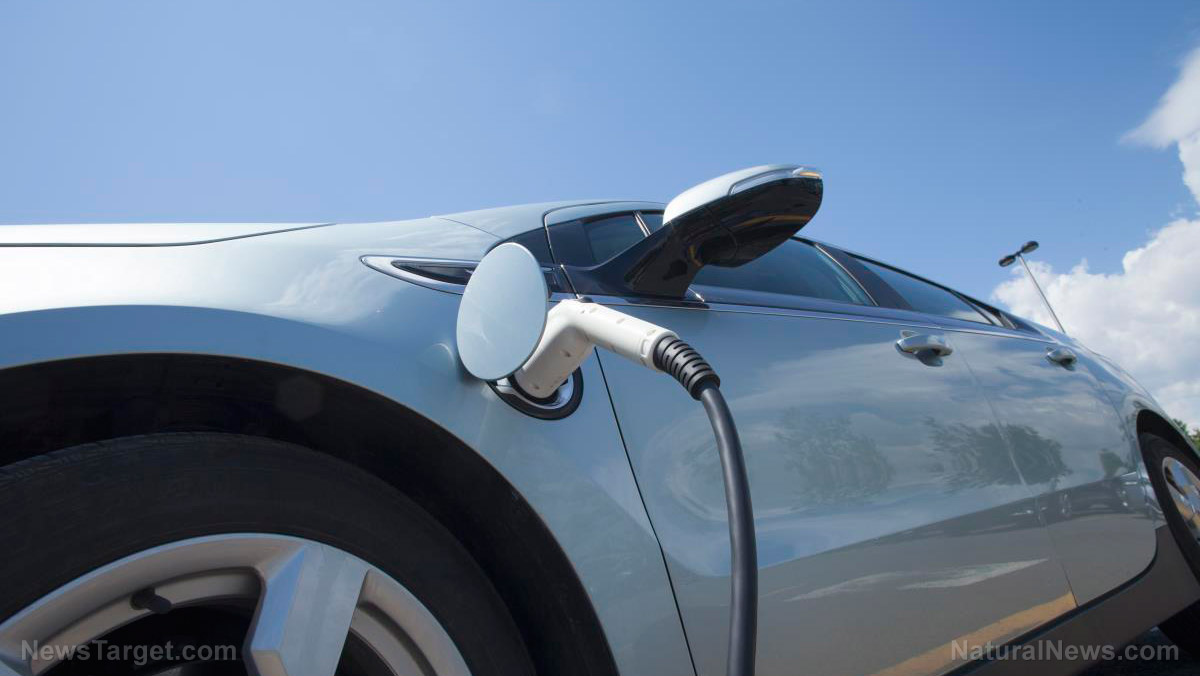Experts warn of downsides of renewable energy: Increased mining activity, pollution, economic uncertainty
08/07/2020 / By Virgilio Marin

The call for renewable energy has been gaining traction in recent years due to concerns over escalating environmental pollution. A great deal of pressure is felt among policymakers and private companies as green activists and agencies lobby for a greener solution to humanity’s demand for energy.
But a recent report from the Manhattan Institute think tank showed that renewable energy has a lot of broad environmental and supply-chain implications that undermine its supposedly green advantages.
Environmental impact of increasing renewable energy usage
Report author Mark Mills, a senior fellow at Manhattan Institute and a faculty fellow at Northwestern University, wrote that no energy system is renewable in reality. That’s because all machines rely on continual mining and processing of millions of tons of raw materials such as heavy metals.
In the case of green machines, they require an estimated 10-fold increase of extracted and processed materials to produce the same amount of energy compared to machines that use hydrocarbons. Therefore, expanding today’s usage of green energy could cause a radical increase in global mining.
To illustrate, a single electric car with a battery weighing 1,000 pounds requires the extracting and processing of about 500,000 pounds of materials. This is equivalent to five pounds of materials for every mile driven by the car, measured against the battery’s life. In comparison, an internal combustion engine will need about 0.2 pounds of liquids per mile.
Furthermore, an electric car contains more cobalt than 1,000 smartphones while the blades on a single wind turbine have more plastic than five million smartphones. In addition, a solar array powering one data center has more glass than 50 million phones.
Oil, natural gas and coal may also be needed to manufacture concrete, steel, plastics and purified minerals that will be used to build green machines. Meanwhile, 100 barrels of oil are needed to manufacture a single battery that, when converted, stores only one barrel of oil.
Hardware will also inevitably wear out, which means they have to be disposed of and replaced. While there are emerging ways of recycling batteries and other types of hardware, many types of solar panels are non-recyclable.
If current plans on renewable energy usage pan out, the quantity of worn-out solar panels will constitute twice today’s total global plastic waste by 2050, along with more than three million tons per year of unrecyclable plastics from worn-out wind turbine blades. More than 10 million tons per year of batteries will also become garbage by 2030. (Related: Green power dangers: Scientists review the downside of renewable energies.)
Therefore, expanding today’s usage of green energy will cause a radical increase in global mining for needed minerals and contribute great amounts of waste, worsening existing environmental problems.
Labor and economic concerns
Experts also raised concerns over the reliability and economic viability of renewable energy, as well as the poor labor conditions in many mines across the world.
Mills predicted that a major shift toward renewable energy will increase the United States’ mineral imports and thereby hurt its energy supply chain.
Despite its vast mineral reserves that are worth trillions of dollars, the U.S. is presently 100 percent reliant on importing 17 important minerals. Meanwhile, another 29 minerals that are supplying half of the nation’s domestic needs are also imported. In fact, the U.S. now ranks only seventh among the world’s biggest producers of minerals whereas in 1990 it was the world’s number one.
Other experts were concerned about whether renewable energy machines could be relied upon to supply enough baseload power. This concern prompted the U.K. government to impose major cuts on its subsidies for renewable energy companies. Solar and wind energy, in particular, were the most subsidized but also the most unreliable as they are subject to prevailing weather conditions. The climate in the U.K. is especially wintry and cloudy. And while there are current technologies that can enhance infrastructures, the cost is nevertheless too high.
Furthermore, many mines across the world are caught practicing unfair and dangerous labor practices. For example, in the Democratic Republic of Congo — responsible for two-thirds of the world’s global output of cobalt –, battery production for electric vehicles is causing a boom in small-scale cobalt mining. Mines in this area were discovered to be dangerous and to have employed child labor. (Related: African families sue Apple, Google, Tesla, Microsoft, Dell over child labor deaths/injuries.)
These realities are important to consider in enacting changes in the world’s energy usage. While renewable energy is promising, policymakers should weigh all their options to prevent unwanted outcomes resulting in collapse.
Learn more about current environmental challenges at Climate.news.
Sources include:
Tagged Under:




















